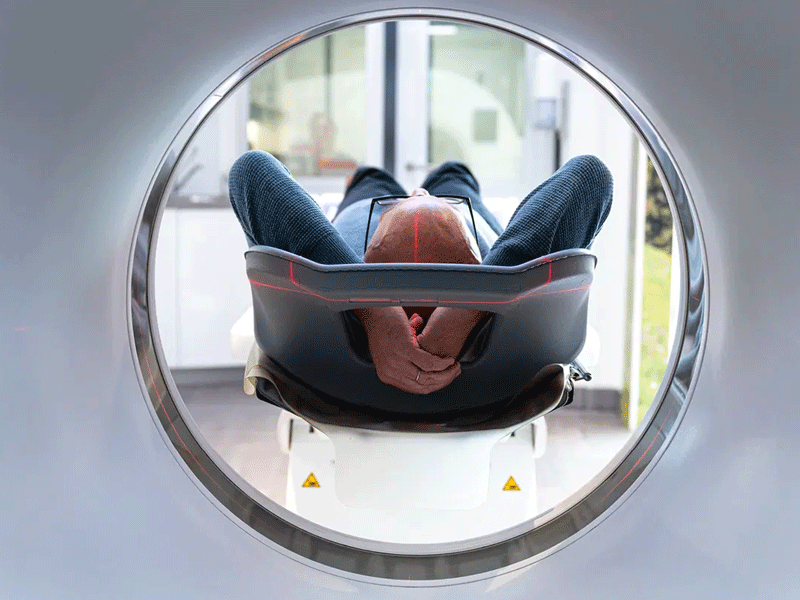“Cancer on the rise: What’s behind the surge?”

- 226
- 0
Cancer, a group of diseases characterized by the uncontrolled division of abnormal cells in the body, remains a significant global health challenge. Over the past few decades, the incidence of cancer has been steadily increasing worldwide. This article delves into the various factors contributing to the rising rates of cancer, highlighting the critical need for awareness, prevention, and early detection.
- Aging Population
One of the primary drivers behind the increasing cancer rates is the aging population. As countries develop and healthcare improves, people are living longer. However, with age comes an increased risk of cancer. The cellular changes that occur as we age can make individuals more susceptible to the disease.
- Lifestyle Choices
Unhealthy lifestyle choices play a substantial role in the development of cancer. Factors such as tobacco use, excessive alcohol consumption, poor diet, and lack of physical activity are well-established risk factors for various types of cancer. The prevalence of these risk factors has grown in many societies, contributing to higher cancer rates.
- Environmental Factors
Environmental factors, including exposure to carcinogens, can significantly impact cancer rates. Industrial pollution, radiation, and chemicals in the environment can increase the risk of cancer. For instance, air pollution in urban areas has been linked to lung cancer, while exposure to asbestos can cause mesothelioma.
- Dietary Habits
Diet plays a crucial role in cancer development. Consuming a diet high in processed foods, red and processed meats, and low in fruits and vegetables can increase cancer risk. Additionally, the rise in obesity rates, often linked to poor dietary habits, has been associated with a higher incidence of certain cancers, such as breast and colon cancer.
- Genetics and Family History
Genetic factors can also contribute to the risk of cancer. Certain gene mutations, inherited from one’s parents, can increase susceptibility to specific types of cancer. Individuals with a family history of cancer may have a higher risk of developing the disease.
- Lack of Awareness and Early Detection
A lack of awareness about cancer and the importance of early detection can lead to delayed diagnoses and more advanced stages of the disease. In some cases, patients may not recognize symptoms or may avoid seeking medical attention, allowing the cancer to progress.
- Limited Access to Healthcare
Inadequate access to healthcare services, particularly in low-income and underserved communities, can hinder cancer prevention and early detection efforts. Many individuals in these areas face barriers such as limited access to screening programs and healthcare facilities.
- Changing Demographics
Population growth and changing demographics can impact cancer rates. Countries experiencing population growth may see an increase in cancer cases simply due to larger populations. Additionally, changes in lifestyle and dietary habits as societies evolve can contribute to shifting cancer patterns.
Conclusion
The increasing cancer disease rates are a multifaceted challenge that demands a comprehensive response. Prevention and early detection efforts, coupled with public health campaigns promoting healthy lifestyles, are critical in reducing cancer risk. Additionally, addressing environmental and genetic factors, improving access to healthcare, and raising awareness about cancer are all essential components of combating this growing health concern.
As the world continues to grapple with the rising tide of cancer cases, it is imperative that individuals, healthcare professionals, governments, and organizations work together to tackle the root causes and provide support for those affected. Through education, research, and effective healthcare policies, progress can be made in reducing cancer incidence and improving outcomes for those diagnosed with the disease.
Published in The Daily National Courier, September, 04 2023
Like Business on Facebook, follow @DailyNCourier on Twitter to stay informed and join in the conversation.

















































